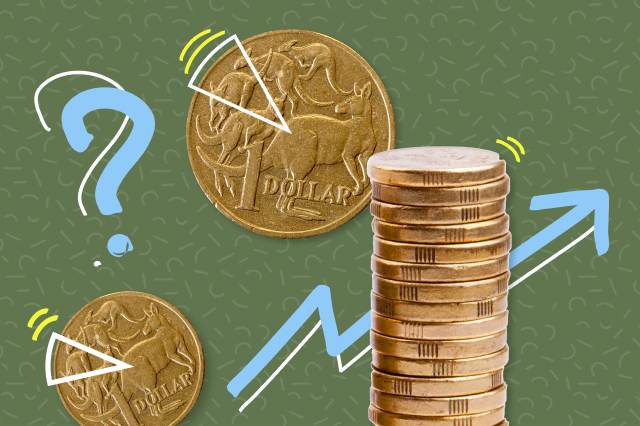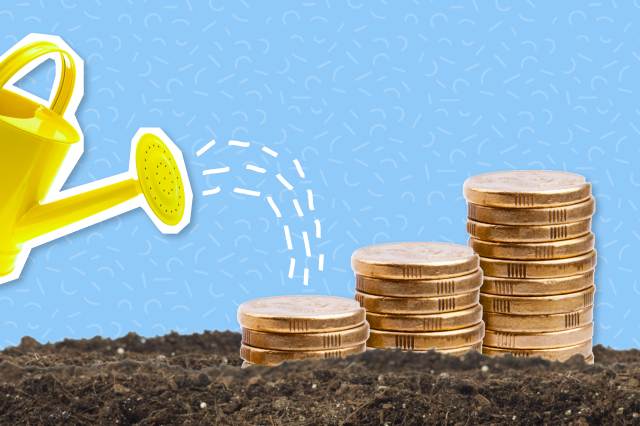When can I access my super?
The aim of your super contributions is to provide you with income for your retirement. With that in mind, you can only access your super when you reach a certain age (known as your “preservation age”) and you meet a “condition of release”.
Ultimately your age and your employment status will determine when you can withdraw your super.
Ultimately your age and your employment status will determine when you can withdraw your super.
Preservation age
Your preservation age is the age at which the Australian Taxation Office (ATO) lets you access your super. It changes depending on when you were born.
This table will help you to work out your preservation age based on your date of birth.
| Date of birth | preservation age |
|---|---|
| Before 1 July 1960 | 55 |
| 1 July 1960 – 30 June 1961 | 56 |
| 1 July 1961 – 30 June 1962 | 57 |
| 1 July 1962 – 30 June 1963 | 58 |
| 1 July 1963 – 30 June 1964 | 59 |
| From 1 July 1964 | 60 |
|
Source: ATO website. |
The conditions of release
Ultimately your age and your work status will determine when you can withdraw your super.
| age | rules |
|---|---|
| 65 or over | You can access your super without restrictions, whether you are working or retired. |
| 60 to 64 |
If you’ve retired, you can access your super. If you’re still working, you can access some of your super via a transition-to-retirement income stream. |
| Under 60 |
If you’re under 60, you must reach your preservation age and retire permanently to access your super. If you have reached your preservation age and are still working, you can access some of your super via a transition-to-retirement income stream. |
Can I access my super early?
The answer depends on your circumstances. The idea is to keep as much money aside for your retirement as possible, so there are very limited circumstances to access your super account early. These include:
-
On compassionate grounds – for example, to pay for medical treatment for you or your dependent or making a payment on a home loan or council rates so you don’t lose your home.
-
Due to severe financial hardship – if you can’t meet immediate family living expenses, you can apply to your super fund directly to request early release on some of your super. There are limits and conditions.
-
Due to a terminal medical condition – you may be able to access your super if you have a terminal illness or injury. Two registered medical practitioners will need to certify that your condition will likely result in death within 24 months.
You can find out more about the conditions of release for you to access your super via the ATO.
How do I withdraw my super?
Once you have access to your super, there are two main ways to withdraw your super and receive the money in your bank account: a super income stream and lump sum withdrawals.
A super income stream is a pension, where a series of regular payments are made from your super fund over a certain period of time.
Lump sum withdrawals are where you withdraw some or all of your super balance in one or several lump sums.
After you turn 60, you can usually access your super tax-free, both through pension payments and lump sum withdrawals. If you're under 60, there may be tax implications on both lump sum withdrawals and pension payments.
Thinking about your path to retirement? Explore our Super investment options.
This information is general in nature and provided for informational purposes only. It is not intended to be used as investment or financial advice and does not take into account your personal financial situation, objectives or needs. You should consider obtaining financial advice that is tailored to suit your personal circumstances before making an investment decision or switching your super. Please read the Financial Services Guide and the relevant Product Disclosure Statement(s) and Target Market Determination as well as other important documentation available on our website for information about our products.



